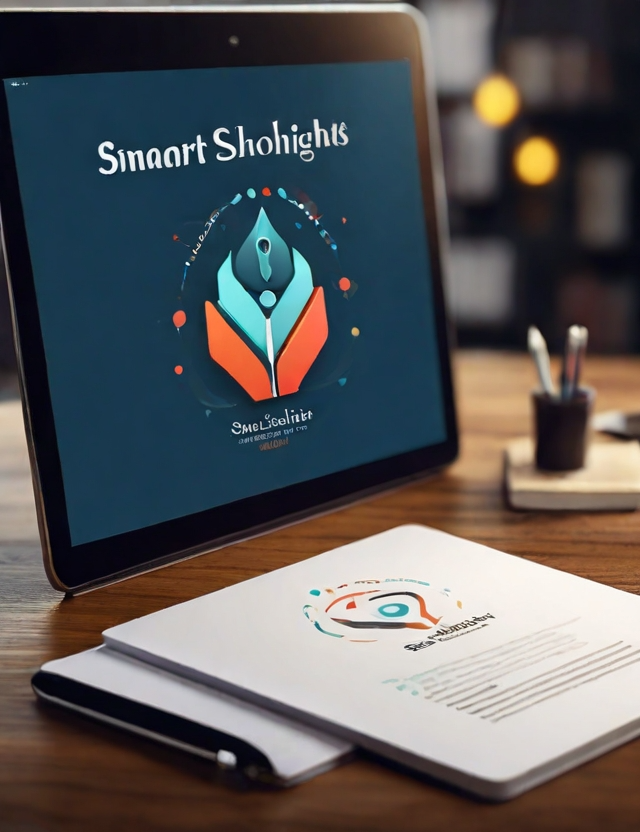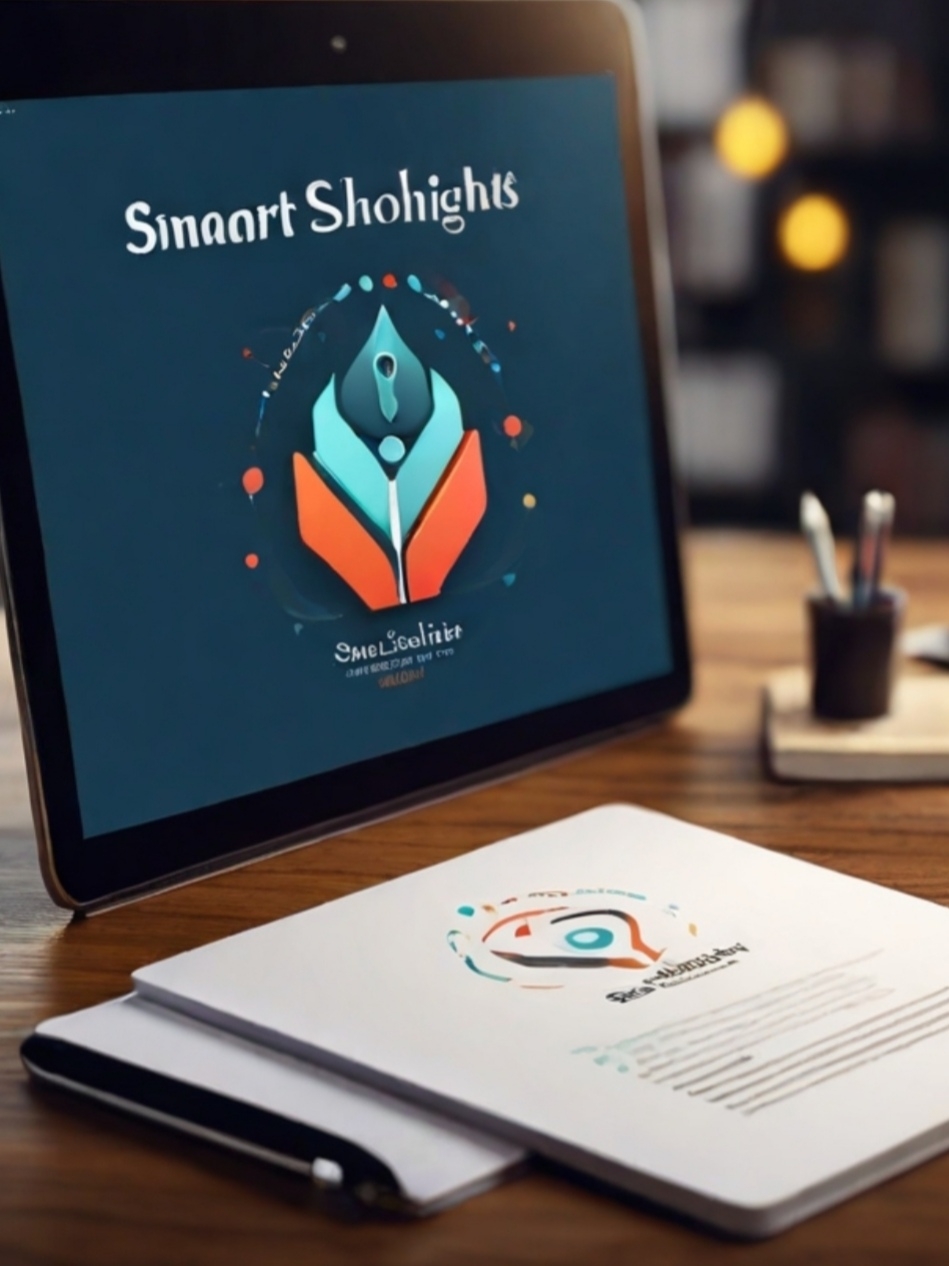Navigating the Path to Academic Success: Harnessing Effective Study Techniques
In the pursuit of academic success, students encounter a myriad of challenges ranging from information overload to time constraints. However, armed with effective study techniques, students can navigate these obstacles and unlock their full potential. In this essay, we will explore the significance of effective study techniques and discuss various strategies that can empower students to excel in their academic endeavors.
Central to effective studying is the concept of active learning. Rather than passively consuming information, active learning requires students to engage with the material through activities such as summarization, questioning, and problem-solving. By actively participating in the learning process, students not only deepen their understanding but also enhance their ability to apply knowledge in real-world contexts. This approach fosters critical thinking skills and promotes a deeper level of comprehension.
One of the most powerful study techniques is spaced repetition. This method involves spacing out study sessions over time, with intervals of increasing length between each session. Research has shown that spaced repetition is highly effective for long-term retention of information. By strategically reviewing material at spaced intervals, students reinforce their memory and retention of key concepts, leading to improved learning outcomes.
In addition to spaced repetition, retrieval practice is another valuable study technique that promotes retention and comprehension. Retrieval practice involves actively recalling information from memory through methods such as self-quizzing, flashcards, or practice tests. By repeatedly retrieving information, students strengthen their memory retrieval pathways, making it easier to recall the information when needed. Furthermore, retrieval practice enhances metacognitive awareness, enabling students to monitor their learning progress and identify areas that require further review.
Furthermore, effective note-taking is essential for consolidating learning and enhancing comprehension. Whether using traditional handwritten notes or digital tools, taking organized and concise notes helps students synthesize information and reinforce their understanding of key concepts. Techniques such as the Cornell method or mind mapping facilitate active engagement with the material and promote deeper comprehension. Regular review and revision of notes further solidify learning and aid in exam preparation.
Moreover, creating a conducive study environment is crucial for optimizing learning outcomes. Minimizing distractions, establishing a dedicated study space, and adhering to a structured study schedule can enhance focus and productivity. Additionally, incorporating breaks, staying hydrated, and practicing stress management techniques are essential for maintaining overall well-being during intense study sessions.
In conclusion, effective study techniques are essential tools for achieving academic success. By embracing active learning, incorporating spaced repetition and retrieval practice, taking organized notes, and cultivating a conducive study environment, students can enhance their comprehension, retention, and application of knowledge. Moreover, adopting a growth mindset and persevering through challenges can empower students to overcome obstacles and achieve their academic goals. Through consistent practice and the deliberate application of effective study techniques, students can embark on a journey of lifelong learning and academic excellence.


Comments
Post a Comment